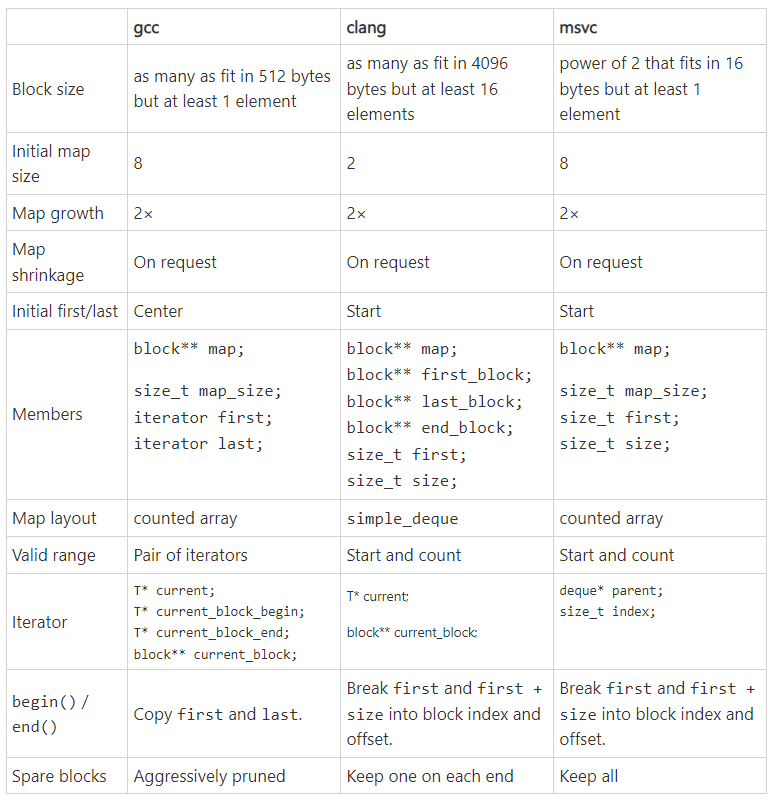CppCon 2023 How to Build and Deploy Your First C++ Automated Refactoring Tool -- Kristen Shaker
![]() Registration is now open for CppCon 2023! The conference starts on October 1 and will be held in person in Aurora, CO. To whet your appetite for this year’s conference, we’re posting some upcoming talks that you will be able to attend this year. Here’s another CppCon future talk we hope you will enjoy – and register today for CppCon 2023!
Registration is now open for CppCon 2023! The conference starts on October 1 and will be held in person in Aurora, CO. To whet your appetite for this year’s conference, we’re posting some upcoming talks that you will be able to attend this year. Here’s another CppCon future talk we hope you will enjoy – and register today for CppCon 2023!
How to Build and Deploy Your First C++ Automated Refactoring Tool
Wednesday, October 4 • 16:45 - 17:45
by Kristen Shaker
Summary of the talk:
Your company is large; You have a lot of C++ code and a lot of engineers writing C++, but you have a limited number of C++ experts. How do you ensure new developers follow C++ best practices and your company’s style guide? How can you scale the knowledge of your C++ experts as your company and code base grows?
Clang provides a rich assortment of tools that can proactively identify and improve problematic code. What are these tools? How can you use them?
This talk introduces the fundamentals of clang refactoring capabilities and discusses their practical applications as they relate to your code base, ensuring only correct, idiomatic C++ lands without excessive toil.

 Now that we understand the design behind the common STL dequeue implementations, we can peek into the implementation details.
Now that we understand the design behind the common STL dequeue implementations, we can peek into the implementation details.